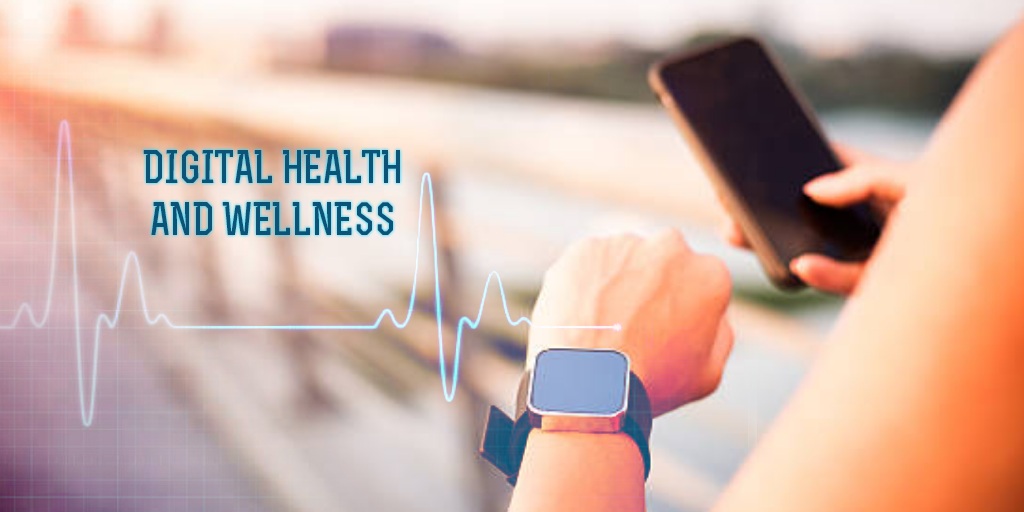Future of Digital Health and Wellness
Release date: 03-2022Author:
Release date: 03-2022Author:

Digital health and wellness in the modern world enable the real-time tracking of physical, mental, or emotional well-being, delivered globally through digital technologies, rather than by individuals working directly with patients. The digital giants are investing in the process to truly integrate health data from across all aspects of our lives and build electronic health records. The future of digital wellness will be the prediction and further assisting the patients even before they become sick. Growing development from digital tech giants results in the commercialization of wearable heart rate monitors to detect real-time stress levels, recognize pregnancy and other health issues.
The leaders are expected to follow a proactive approach to boost the evolution of preventative healthcare among the consumers to benefit them to enhance their health issues without investing time, as digital wellness smart devices can assist you in changing habits and therefore preventing adverse health scenarios.
People are entering into the world of following the concept of telemedicine, which enables the care of health into the hands of the occupants through providing the digital access to the signed medical practitioners with the occupant to further give diagnostic analysis reports on the fixed patterns.
Enter telemedicine, which puts health care tools in the hands of consumers; Telehealth gives them digital access to medical practitioners to provide diagnostic analysis and next steps. There is a wide increase in healthcare spending and expected to cross 6% y-o-y in 2020, compared with 4% in 2019, owing to changing consumer expectations for healthcare and increased awareness of substitutes to traditional care techniques. According to the Accenture 2019 Digital Health Consumer Survey, around 29% of respondents use virtual healthcare devices, up from 21% in 2017. The trend of telemedicine is disrupting the flow of traditional medicine and creating the scope for consumer wellness in comparison to traditional medical procedures.
Telehealth platforms provide a benefit integrated with artificial intelligence (AI) and machine learning to improve medical diagnosis through computer vision automated techniques. There is already proved from various research papers that AI algorithms have the superior capability to diagnose specific conditions such as cancer. In addition, telehealth platforms also enable greater collaboration between practitioners, even if they are at a distance from one another, and enable the cure or medications for serious viruses like HIV, where the users are not comfortable telling issues on the open platform.
The future of healthcare lies in the development of digital wellness as it provides partnerships between patients and practitioners, enables access to data and analytic tools to make health decisions, and engages in dialogue with clinicians that builds trust and offers a better consumer experience with satisfactory results. Also, healthcare is improving by adapting to the digital strategies of the retail world. In addition, the adoption of EMRs laid the foundation for digital health transformation. It is expected with this advancement, patients and practitioners will gain greater opportunities to leverage health data to help make more informed decisions, but in the long-term reality process, there is time to go in the next two-three to fully aware of digital health and wellness.
The rapid growth in consumer purchasing power, awareness to give health priority, and development of digital health care devices based on predictive analysis principles are expected to proactivity growth the demand for digital health and wellness-based care devices among consumers in the coming years. Moreover, by utilizing the right tools, technologies, and strategy, healthcare systems can reduce costs, increase operational efficiencies, and improve patient outcomes, all while building a system that benefits consumers and providers alike.